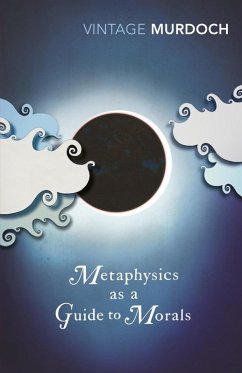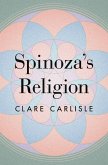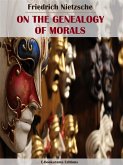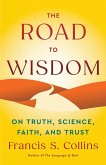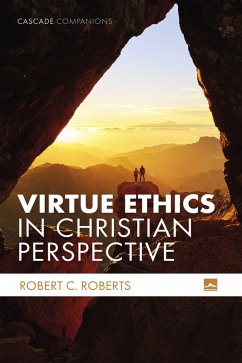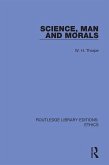The decline of religion and ever increasing influence of science pose acute ethical issues for us all. Can we reject the literal truth of the Gospels yet still retain a Christian morality? Can we defend any 'moral values' against the constant encroachments of technology? Indeed, are we in danger of losing most of the qualities which make us truly human? Here, drawing on a novelist's insight into art, literature and abnormal psychology, Iris Murdoch conducts an ongoing debate with major writers, thinkers and theologians - from Augustine to Wittgenstein, Shakespeare to Sartre, Plato to Derrida - to provide fresh and compelling answers to these crucial questions.
Dieser Download kann aus rechtlichen Gründen nur mit Rechnungsadresse in A, B, BG, CY, CZ, D, DK, EW, E, FIN, F, GR, HR, H, IRL, I, LT, L, LR, M, NL, PL, P, R, S, SLO, SK ausgeliefert werden.

